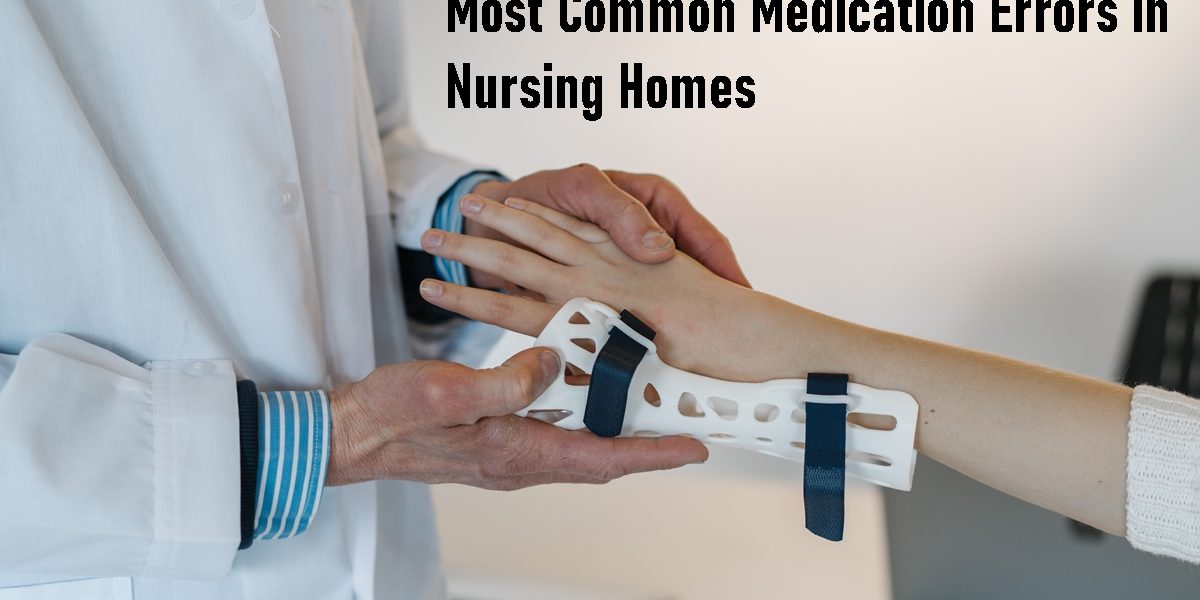Medication errors are a common problem in nursing homes in the UK. Overwork and systemic issues can and do lead to medical errors. These errors lead to serious side effects, some of which can be life-threatening and may require hospitalisation. If you are a nursing staff, it is important to be aware of the most common medication errors in nursing homes so that you can avoid them. Here we share with you the most common medication errors in nursing homes:
- Wrong time: Some medications need to be administered at a certain time. When not given at the prescribed time, the medicine may not work as well as it should or can lead to side effects.
- Omission errors: There is a failure in giving a medication dose before the scheduled one.
- Wrong dose errors: Although the correct dosage was prescribed, the wrong dose was administered.
- Improper dosing errors: A lesser or greater amount of medication can be delivered than is needed to manage the patient’s condition.
- Wrong drug preparation errors: Medication may be incorrectly formulated (i.e., too little or too much diluting solution added).
- Administration technique errors: Some medicines are administered orally, while some are rectally and intravenously. This error occurs when a drug is administered via an incorrect route.
Causes of medication errors:
There are many potential causes of medication errors, and it is often difficult to determine the root cause of a particular error. However, some common causes of medication errors include:
1. Distraction: A distraction occurs when the nurse’s medication is distracted from the task at hand. The nurse may accidentally administer medicine that sounds similar to the other one.
2. Lack of drug knowledge: Lack of drug knowledge is one of the most common causes of medication errors. Knowing drug names (generic and brand), their side effects, and their contraindications can help reduce some medication errors.
3. Incomplete patient information: As a nurse, it is important to always check that they have complete and accurate patient information before dispensing medication. Incomplete patient information can lead to medication errors, which can cause serious harm.
When checking for patient information, always look for the following:
- The patient’s full name
- The patient’s date of birth
- The patient’s current address
- The name and strength of the medication prescribed
- The name and address of the prescribing healthcare professional
4. . Systemic problems: Medication errors are a serious problem. They can occur at any stage of the medication use process, from prescribing and dispensing to administration and monitoring. Systemic problems, such as poor communication and coordination among nursing staff can often be the underlying cause of medication errors. These problems can be at times difficult to identify and solve. However, it is important to address them, as they can significantly impact patient safety.
From paper MAR charts in nursing homes to electronic MAR charts MAR – make the change today
A lot of medication errors can be attributed to illegible notes, missed signatures, ambiguous abbreviations and confusing verbal instructions, and poor communication. By giving digital access to all the important information, Electronic MAR charts help reduce medication errors in nursing homes. Nursing staff and supervisors can access electronic MAR charts without being physically together.
Book a demo to know how electronic MAR charts can help your nursing homes.







